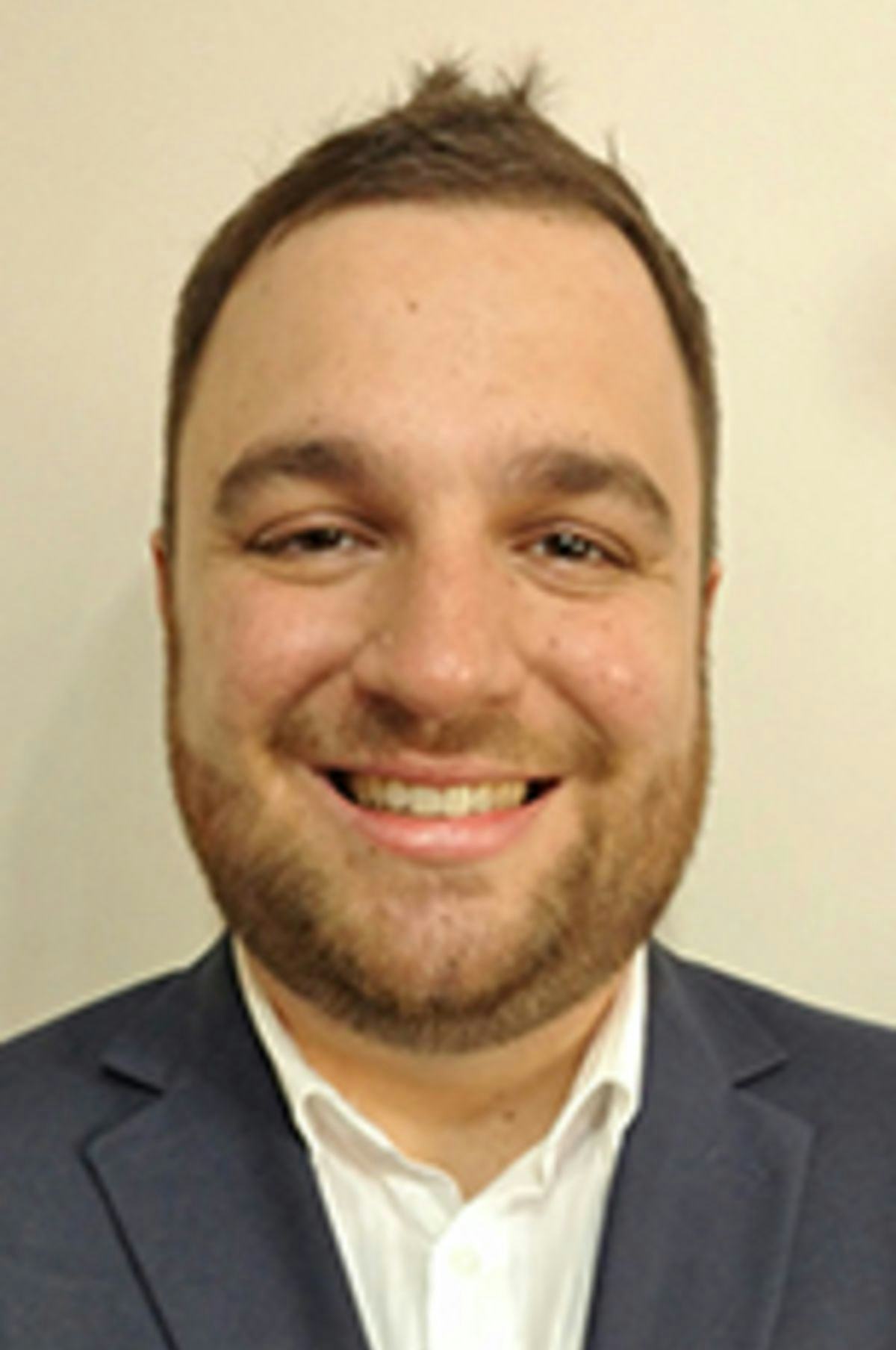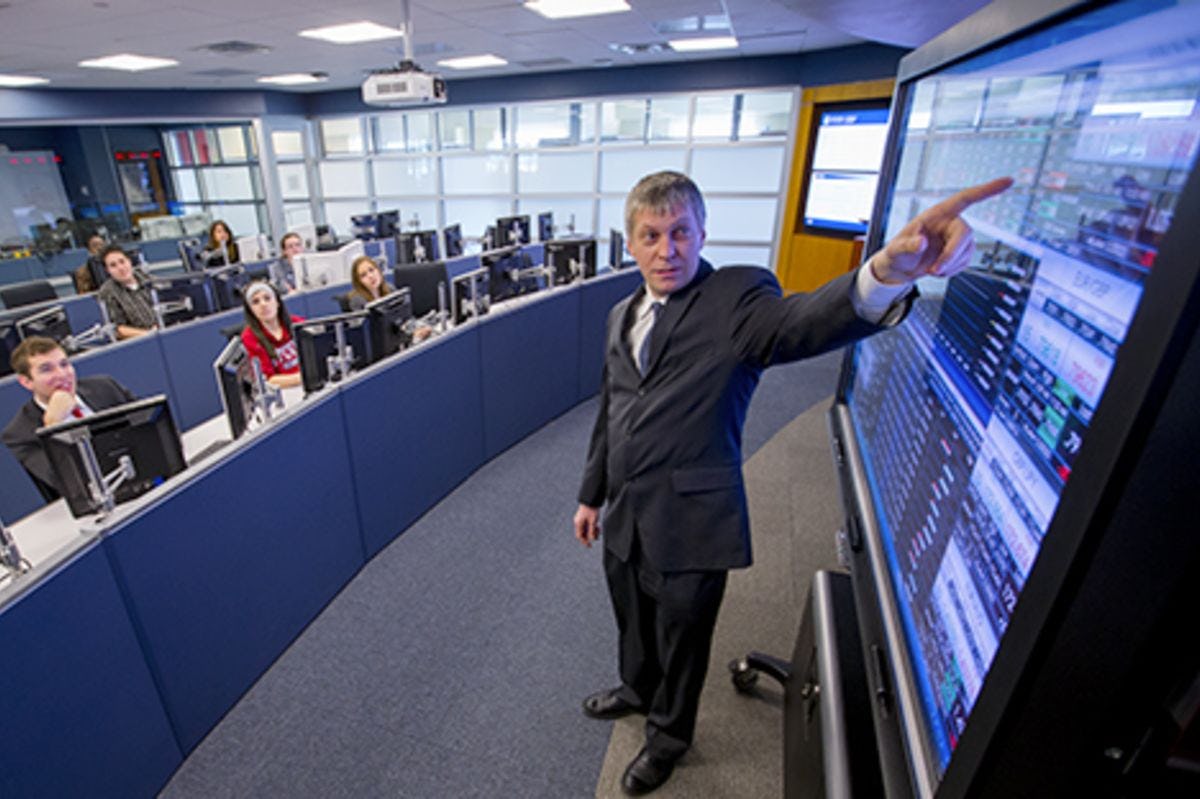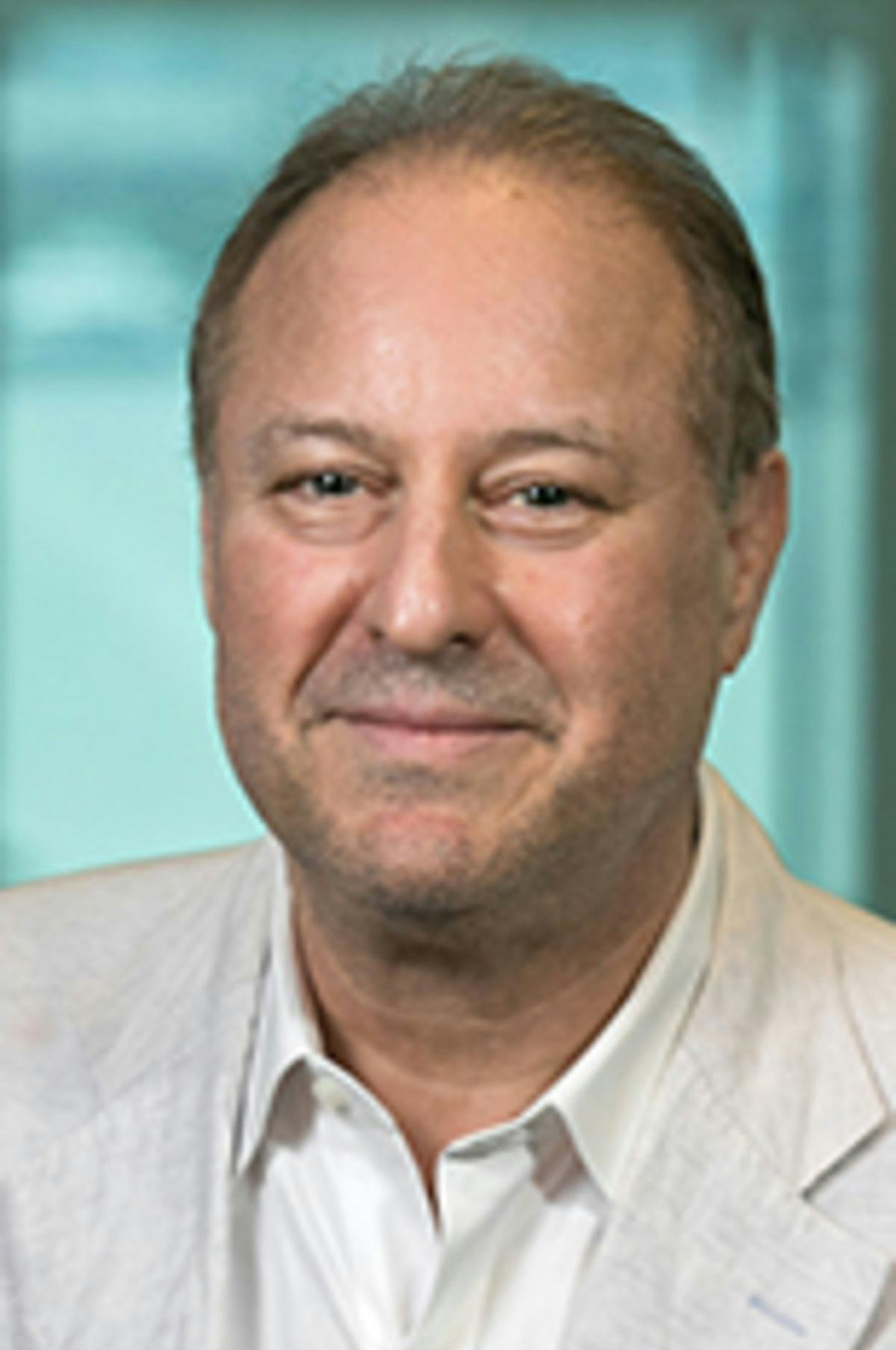An Entrepreneur in Financial Engineering Breaks New Ground in Brazil
Stevens Alumnus Launches Disruptive Startup upon Returning to His Native Country
Plenty of visitors leave their hearts in San Francisco, but Rodrigo Silva Cosme M.S. ’16 fell in love with the city for different reasons than most.
Cosme had just wrapped up his master’s thesis in the Financial Engineering program at Stevens Institute of Technology, and Dr. Khaldoun Khashanah invited his student to California to present his work at Bloomberg’s annual conference in machine learning and applied science.
“That was the highlight of my master’s work,” Cosme said. “When I moved from Brazil to New York, I never dreamed I would be speaking about my thesis to a conference full of hedge fund managers.”
Cosme’s career calling is born of a lifetime fascination with the financial markets — but, as he’s quick to admit, he doesn’t have the “emotional distance” to trade manually.
“You get desperate when you’re losing; when you’re making some money, you want to put it in your pocket and close the position, so you can never trade optimally when you do it by yourself — at least, I can’t,” he said.
The Financial Engineering degree gave Cosme, an industrial engineer by trade, the finance skills, mathematical mindset and business perspective required to work in a lucrative, but fast-changing, field. He’s now a founder and partner of his own venture, ZeroBeta — based outside São Paulo — that builds smarter strategies for trading. In his work, he said, he relies on lessons from his Stevens classes every day.
“The world is getting more automated, more efficient, more intelligent, and finance is no different,” he said. “You need complete professionals who know how to code and also can handle the financial side of the business and implement solutions.”
Solving complex problems at the heart of finance
At the School of Business at Stevens, faculty have long emphasized giving students a cross-disciplinary set of skills to help professionals navigate the challenges of a workplace constantly upended by technology-driven innovation. Dr. Steve Yang, an assistant professor at the School of Business and director of the doctoral program in Financial Engineering, said the degree was inspired by the rise of quantitative analysts — mathematicians and physicists who taught themselves finance.
“At Stevens, we teach math, science and finance skills together, so professionals can solve the complex problems at the heart of quantitative finance,” Dr. Yang said.
At the heart of business programs like Financial Engineering is the Hanlon Financial Systems Center, home to two state-of-the-art labs with capabilities unrivaled in higher education.
“You have Bloomberg in the lab, you have every type of data in the world in there, you have computing power that I’d never seen before, growing up in Brazil,” Cosme said. “If you’re not able to find the answers with the kind of resources Stevens has, you can’t find them anywhere.”
Dr. Dragos Bozdog, deputy director of the Hanlon Lab and Cosme’s thesis advisor, was impressed with his student’s research work in the lab, calling him “a very good student, very active.” They are now collaborating on a research paper based off Cosme’s thesis.
“His research was very unique, in terms of applying machine learning techniques to the market,” Dr. Bozdog said. “His work is in tune with where the market is headed.”
Close connections to faculty
The opportunity to work closely with faculty was important to Cosme, and it started with his very first class, taught by Dr. Jonathan Kaufman.
“He’s the first FE professor you have, and he comes to class driving a Porsche and he has a hedge fund,” Cosme said. “It’s not like I’m learning from someone in academia who’s never been out in the markets — if you’ve never worked at a hedge fund, you don’t know the reality of the business. From my first class, I realized I cannot get this experience anywhere else in the world — I had to be in New York to have a hedge fund guy teaching me.”
At ZeroBeta, Cosme does the exciting quantitative work that’s in short supply right now in Brazil. Despite being located near the county’s financial center, there are few quant jobs available — the local market lacks the liquidity that allows for more diversified risk in investment strategies — and Cosme built his business after working for a boutique that understood the value of algorithmic trading and portfolio optimization, but wasn’t equipped to actually leverage those techniques.
“I ran out of room to grow, so I started to develop trading strategies for them,” Cosme said. “Now, instead of working for them, we trade with them — we develop the strategies for the accounts, we make the trading decisions, and they do the commercial side of the business, getting customers and raising capital.”
His efforts haven’t gone unnoticed, especially on the bottom line — the company’s performance is up 17 percent, well above the 9 percent benchmark set at the beginning of the year.
“What I do at my job, every day, is what I learned at Stevens — from trading option spreads, to coding through C++ design patterns, to portfolio rebalancing,” he said. “Doing a master’s in Financial Engineering and learning from such great professors set me up for success in a career I truly enjoy.”





